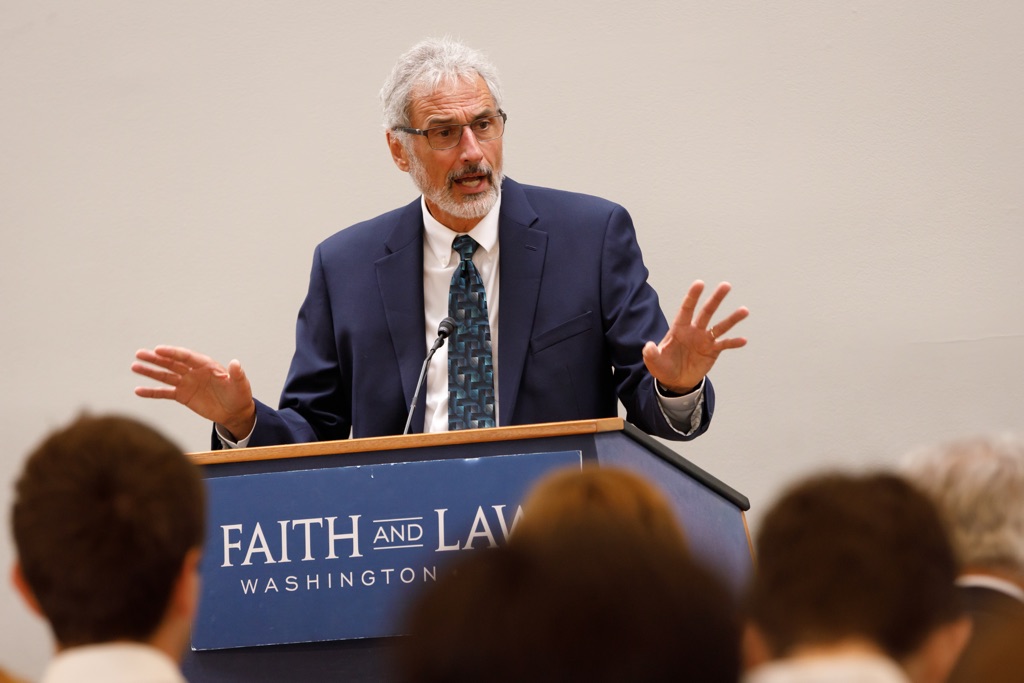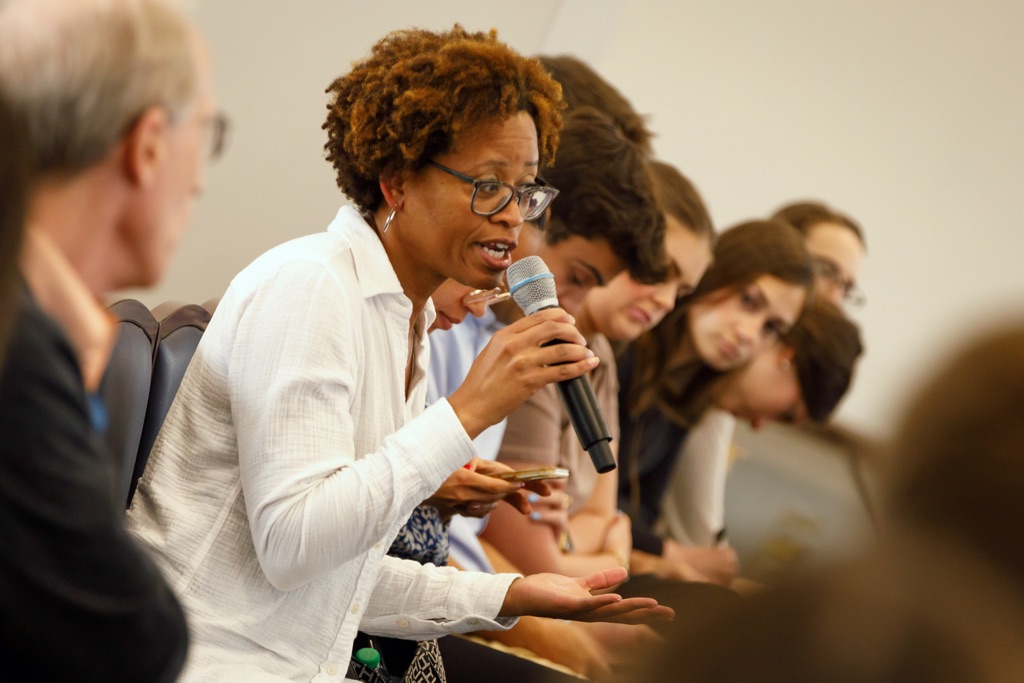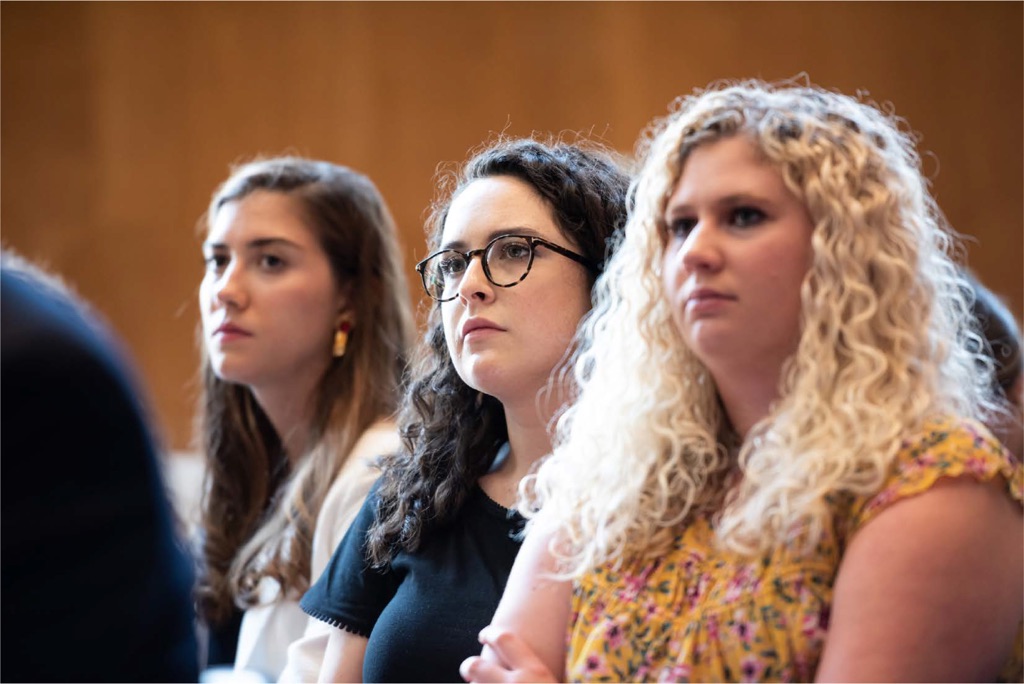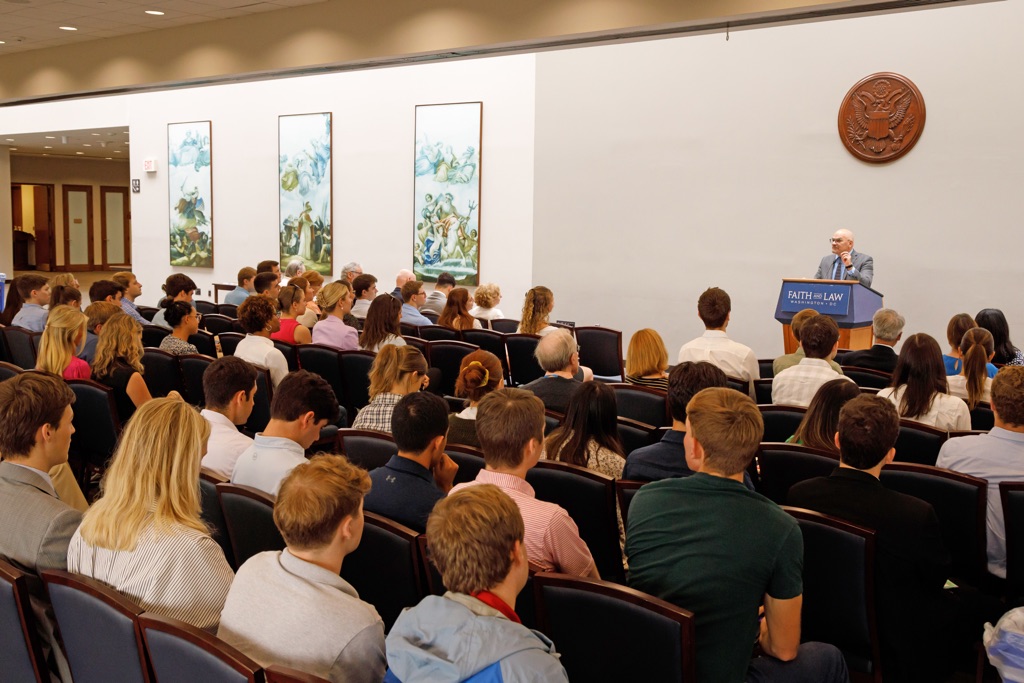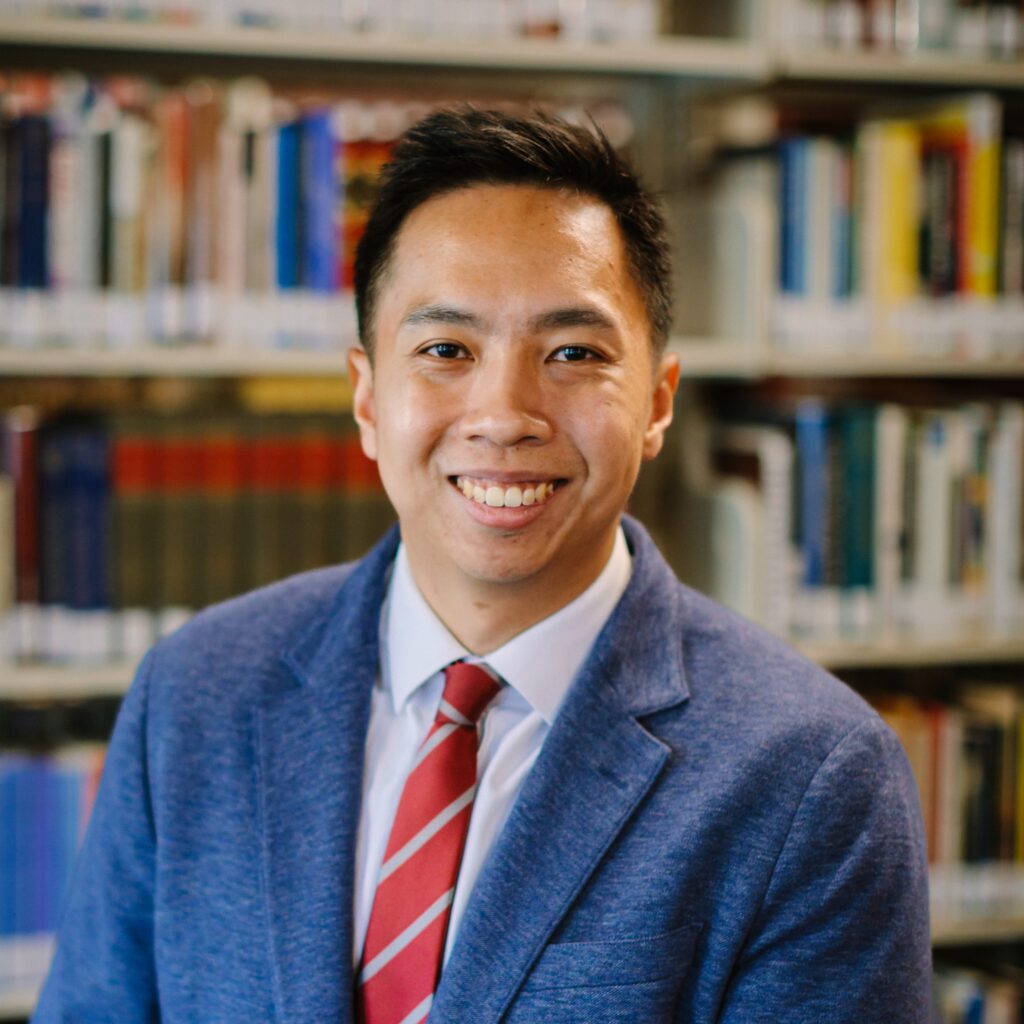
A Note on Social Justice
In our day, “social justice” is a loaded term. While it is easy to agree that every relationship carries responsibilities — friend and friend, business and client, government and people — identifying the terms and principles of those responsibilities is a trickier task. What makes one party a giver and another a receiver? When injustice abounds, who is to blame? Is it correct to associate “social justice” with an image of the people pressing its government for goods and services?
Dr. Russell Hittinger, Executive Director of the Institute for Human Ecology at Catholic University, will present clear principles, classical and timeless, for identifying what justice is, who gives it, and what order it upholds.
From 1996-2019, Dr. Russell Hittinger was the incumbent of the William K. Warren Chair of Catholic Studies at the University of Tulsa, where he was also a Research Professor in the School of Law. Since May 2019 he is the Emeritus Professor of Religion.
In 2019, he became the Senior Fellow at the Lumen Christi Institute at the University of Chicago, where he is a Visiting Scholar in the John U. Neff Committee on Social Thought, and Visiting Professor in the Law School at the University of Chicago.
From 2020 through 2022 he is a Visiting Professor at the Dominican School of Philosophy and Theology (Graduate Theological Union, University of California, Berkeley), where he has served as Dean of the College of Fellows since 2014.
In January 2020 he gave the Aquinas Lecture at Blackfriars, Oxford.
Since 2001, he is a member of the Pontifical Academy of St. Thomas Aquinas, to which he was elected a full member (ordinarius) in 2004, and appointed to the consilium or governing board from 2006-2018. On Sept. 8, 2009, Pope Benedict XVI appointed Professor Hittinger as an ordinarius in the Pontifical Academy of Social Sciences, in which he finished his ten-year term in 2019.
In 2005, he was named an Alonzo MacDonald Senior Fellow for Christian Jurisprudence in the Center for the Study of Law and Religion at Emory University School of Law. He remains an Affiliated Scholar.
He has taught at Fordham University and at the Catholic University of America, and has taught as a Visiting Professor at Princeton University, New York University, Providence College, and Charles University in Prague. During the academic term 2014-15, he was a Visiting Ordinary Professor in the School of Business and Economics at the Catholic University of America.
On 25 May 2013, he was awarded a Doctor of Humane Letters (Honoris Causa) by The Dominican School of Philosophy and Theology, at the Graduate Theological Union, Berkeley, CA. He gave the 81st annual commencement address. He was elected Dean of the College of Fellows at Dominican School of Philosophy and Theology (Graduate Theological Union, Berkeley) in 2014.
In 2003, to mark the centenary of the death of Pope Leo XIII, Professor Hittinger gave a lecture to Ministry of Culture of the Italian Government. In 2004 he gave a talk titled “Secularity and the Anthropological Problem,” as the Inaugural Claude Ryan Lecture in Catholic Social Thought, at McGill University in Montreal. In December 2006, he addressed the President, Prime Minister, and Speakers of the Polish Parliament in the Royal Castle in Warsaw. His keynote address culminated a week-long celebration of human rights and the Polish constitution.
In 2000, he was a Senior Research Fellow at the Notre Dame Center for Ethics and Culture, where he is on the Board of Advisors. For the academic year 2007-08, he was the Robert J. Randall Distinguished Visiting Professor in Christian Culture at Providence College.
His books and articles have appeared through the University of Notre Dame Press, Oxford University Press, Columbia University Press, Fordham University Press, the Review of Metaphysics, the Journal of Law and Religion, the Review of Politics, and several law journals (both American and European). He has work forthcoming with Yale University Press and Catholic University of America press.
Faith and Law is a non-profit ministry started by policy makers and for policy makers.
